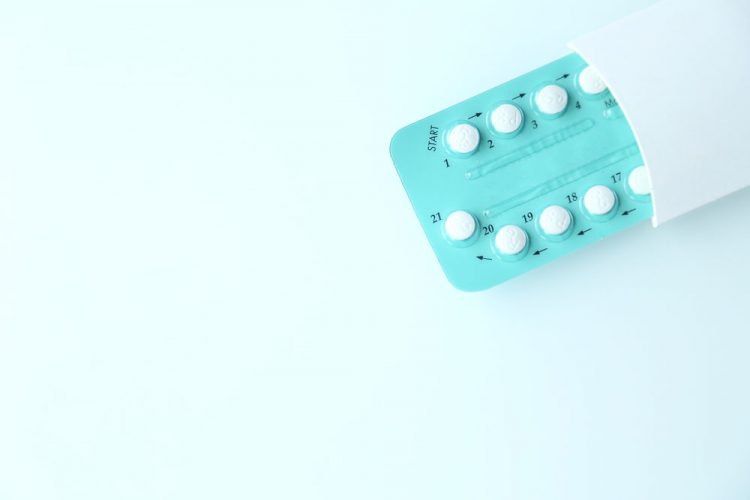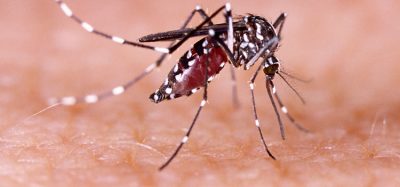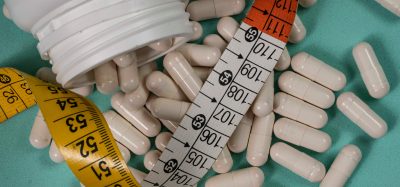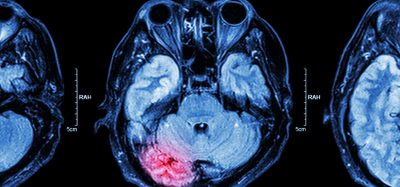Male contraceptive compound stops sperm without affecting hormones
Posted: 23 April 2018 | Dr Zara Kassam (Drug Target Review) | No comments yet
In preclinical tests, researchers have shown how a new compound can immobilise sperm temporarily without side effects…


A new study details how a compound called EP055 binds to sperm proteins to significantly slow the overall mobility of the sperm without affecting hormones, making EP055 a potential “male pill” without side effects.
“Simply put, the compound turns-off the sperm’s ability to swim, significantly limiting fertilisation capabilities,” said lead investigator Dr Michael O’Rand, retired Professor of Cell Biology and Physiology in the University of North Carolina at Chapel Hill School of Medicine, and president/CEO of Eppin Pharma, Inc. “This makes EP055 an ideal candidate for non-hormonal male contraception.”
Currently, condoms and surgical vasectomy are the only safe forms of birth control currently available for men. There are hormonal drugs in clinical trials that target the production of sperm, but these affect the natural hormones in men much like female contraceptives affect hormones in women.
Biomarkers aren’t just supporting drug discovery – they’re driving it
FREE market report
From smarter trials to faster insights, this report unpacks the science, strategy and real-world impact behind the next generation of precision therapies.
What you’ll unlock:
- How biomarkers are guiding dose selection and early efficacy decisions in complex trials
- Why multi-omics, liquid biopsy and digital tools are redefining the discovery process
- What makes lab data regulatory-ready and why alignment matters from day one
Explore how biomarkers are shaping early drug development
Access the full report – it’s free!
During the study, thirty hours following a high-dose intravenous infusion of EP055 in male rhesus macaques, Dr O’Rand and researchers in the Oregon National Primate Research Center at OHSU in Portland, Oregon, found no indication of normal sperm motility. Further, no physical side effects were observed.
“At 18 days post-infusion, all macaques showed signs of complete recovery, suggesting that the EP055 compound is indeed reversible,” said study co-investigator Dr Mary Zelinski, Research Associate Professor at the ONPRC at OHSU and Associate Professor of Obstetrics and Gynaecology in the OHSU School of Medicine.
Dr O’Rand and Dr Zelinski indicate that more work is needed before EP055 becomes available for human use. They and their teams have begun to test a pill form of the compound and will eventually conduct a mating trial of EP055’s effectiveness against pregnancy.
The study has been published in the journal PLOS ONE.
Related topics
Drug Development, Drug Targets
Related people
Dr Mary Zelinski, Dr Michael O'Rand








